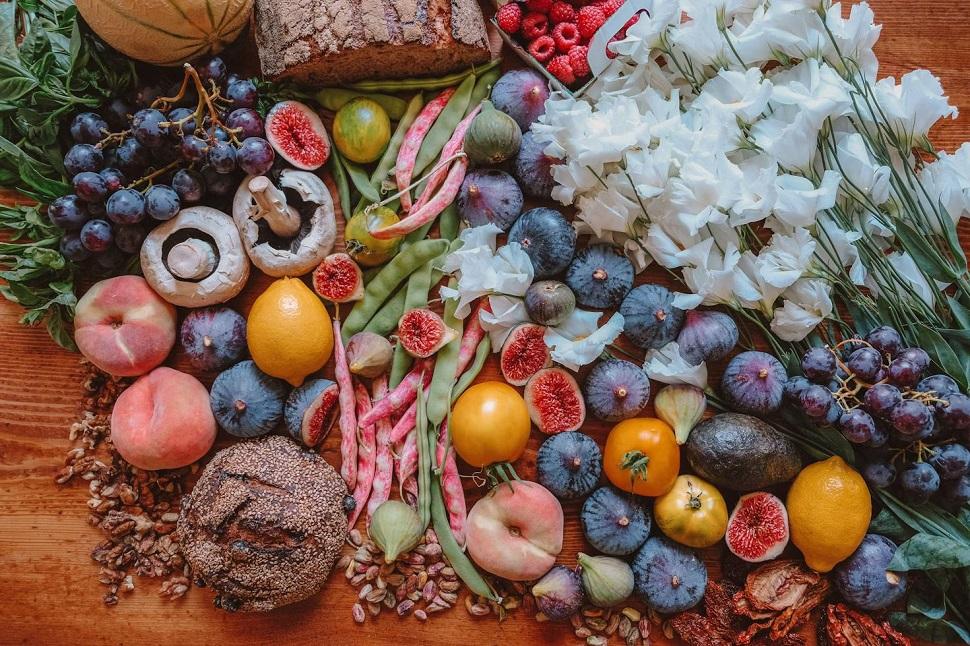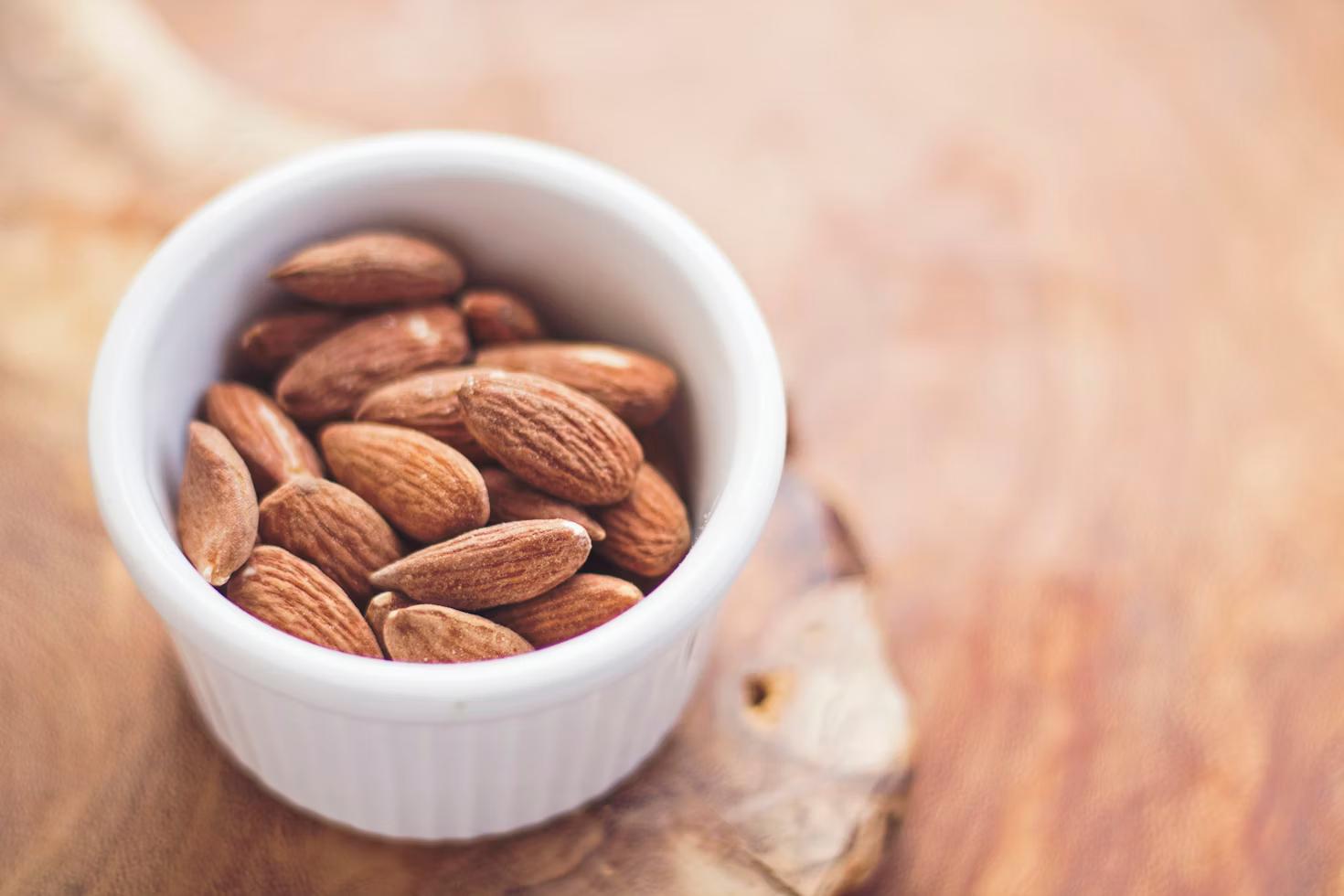In today’s fast-paced digital era, social media has become a primary source for many to gather information on health and nutrition. However, this widespread access to information also comes with the proliferation of misconceptions and myths. From miracle diets to cure-all superfoods, the online world is awash with health-related claims that often lack scientific backing. These misconceptions can not only lead to confusion but can also be harmful if they influence people’s diet and lifestyle choices without a basis.
This blog aims to debunk the top 5 health and food misconceptions spread on social media, providing you with the real facts. Our goal is to clear the fog of misinformation and offer you accurate, reliable health and nutrition guidance.
Common Misconceptions About Health and Food Spread on Social Media

Myth 1: Detox Teas and Juices are Essential for a Healthy Body
One rampant health and food misconception fueled by social media influencers is the pivotal role of detox teas and juices in maintaining health. Often touted as quick fixes for weight loss, improved digestion, and toxin removal, these beverages might seem like a magical solution to health concerns. However, scientific evidence supporting these claims is notably scarce. The body’s liver and kidneys naturally detoxify the system, efficiently removing toxins without the aid of special teas or juices. Moreover, the aggressive marketing of these products rarely mentions potential side effects, such as dehydration and nutrient deficiencies, challenging the promise of a healthier body through detoxification alone.
Myth 2: Gluten-Free Diets are Healthier for Everyone
Social media platforms are awash with content advocating gluten-free diets as a healthier lifestyle choice for all. This misconception overlooks the fact that gluten-free diets are crucial for individuals with celiac disease or gluten sensitivity, not the general population. There’s no scientific evidence to suggest that a gluten-free diet offers additional health benefits to those who do not have gluten-related disorders. On the contrary, such diets can sometimes lead to deficiencies in essential nutrients, like fiber, iron, and B vitamins, when not carefully managed. The belief that gluten-free inherently means healthier glosses over the importance of a balanced diet tailored to individual health needs rather than blanket dietary trends.
Debunking Health Myths
Myth 3: Consuming Large Amounts of Protein Builds More Muscle
A prevalent myth in fitness circles on social media is the idea that increasing protein intake to excessive levels will expedite muscle growth. While protein is a critical component of muscle repair and growth, there is a limit to how much the body can use for muscle synthesis. Exceeding this limit doesn’t translate to more muscle but can instead lead to unwanted consequences such as weight gain from excess calories or strain on the kidneys from processing the surplus protein. The key to muscle building is a balanced diet coupled with consistent strength training. Optimal protein intake varies from person to person, depending on factors like age, weight, and activity level, and exceeding this amount will not inherently lead to larger muscles.
Myth 4: Superfoods Guarantee Optimal Health
The term “superfood” has become a buzzword on social media, suggesting that consuming these foods can provide all the nutrients needed for optimal health. Common examples include blueberries, kale, and quinoa. While it’s true these foods are nutrient-dense, the concept that any single food can ensure overall health is misleading. Optimal health is achieved through a varied diet that includes a wide range of nutrients. Relying heavily on superfoods might lead to neglecting other nutritional needs. Additionally, the superfood label often ignores the nutritional value of less exotic, more readily available foods that are equally important for maintaining a balanced diet. Nutrition is about the big picture, and focusing too narrowly on specific foods can detract from the importance of dietary diversity.
—
Unearthing the truths behind these persistently circulated health and food myths underscores the importance of skepticism and due diligence, especially when navigating the terrain of social media. Adhering blindly to trendy health advice without robust scientific backing can lead to misguided practices that may not only be ineffective but potentially harmful. A balanced, informed approach to nutrition and wellness, recognizing the nuances and individualities of dietary needs, is crucial for genuinely promoting and sustaining health.
Demystifying Food Misconceptions:

The landscape of dietary advice and food-related folklore on social media is as vast as it is varied, often leaving us to navigate through a thicket of misinformation. It’s crucial to distinguish between myth and fact, not just for the sake of knowledge, but for the betterment of our health and wellbeing. Here, we continue to debunk common food misconceptions that have gained traction online, paving the way for informed dietary choices.
Myth 5: Detox Diets Remove Toxins from the Body
Detox diets, often promoted for their supposed ability to flush toxins out of the body, have become a staple on social media platforms. They typically recommend a period of fasting followed by a strict diet of juices, teas, and sometimes supplements. The belief is that this process can cleanse the body’s organs and internal systems of toxins. However, the human body is already incredibly proficient at eliminating toxins through the liver, kidneys, and other organs. According to nutrition scientists, there is scant evidence to support the claims that these detox diets remove toxins more effectively than the body’s natural processes. Some detox diets can lead to nutrient deficiencies and other health issues if followed for an extended period.
Myth 6: Gluten-Free Diets are Healthier for Everyone
The surge in popularity of gluten-free diets has led to the misconception that they are healthier for the general population, not just those with celiac disease or gluten sensitivity. Gluten, a protein found in wheat, barley, and rye, is perfectly safe for most people. A gluten-free diet is essential for individuals with celiac disease, as gluten triggers harmful immune responses in their bodies. For those without such sensitivities, however, there is no compelling evidence to suggest that avoiding gluten yields any specific health benefits. Moreover, indiscriminately cutting out gluten can result in a diet lacking in certain vitamins, minerals, and fiber.
Myth 7: Microwaving Food Destroys Nutrients
Social media often perpetuates the idea that microwaving food depletes it of its nutritional value. While it’s true that cooking can reduce the nutrient content of some foods, the notion that microwaving is particularly harmful is a myth. Cooking methods that use water, such as boiling, are more likely to result in nutrient loss, as water-soluble vitamins like B and C can leach out into the water. In contrast, microwaving often uses less water and typically requires shorter cooking times, potentially preserving nutrients better than other methods. The key to nutrient preservation is not the cooking method per se but minimizing cooking time and the amount of liquid used. Thus, microwaving food, when done correctly, does not significantly reduce its nutritional value and can be a convenient and healthy cooking option.
Conclusion
In an era dominated by rapid information dissemination through social media, distinguishing between truth and myth in the realm of health and food can be challenging. The debunking of these top five misconceptions serves as a reminder of the importance of relying on verified sources and empirical evidence when making health-related decisions. Misinformation can not only lead individuals astray but can also have serious implications for public health.
- It is imperative to approach health and food-related information with a critical eye.
- Cross-checking facts with trusted, evidence-based sources should become second nature.
- Engaging with a healthcare professional before making substantial changes to one’s diet or health regimen is advisable.
In conclusion, while social media can be a powerful tool for spreading awareness and education, it is equally potent in disseminating myths and misconceptions. By fostering a culture of skepticism and informed inquiry, we can collectively navigate through the sea of misinformation and anchor ourselves to the bedrock of factual knowledge and genuine wellness. Let’s commit to this approach, ensuring our decisions are supported by science, thereby paving the way for a healthier society.
